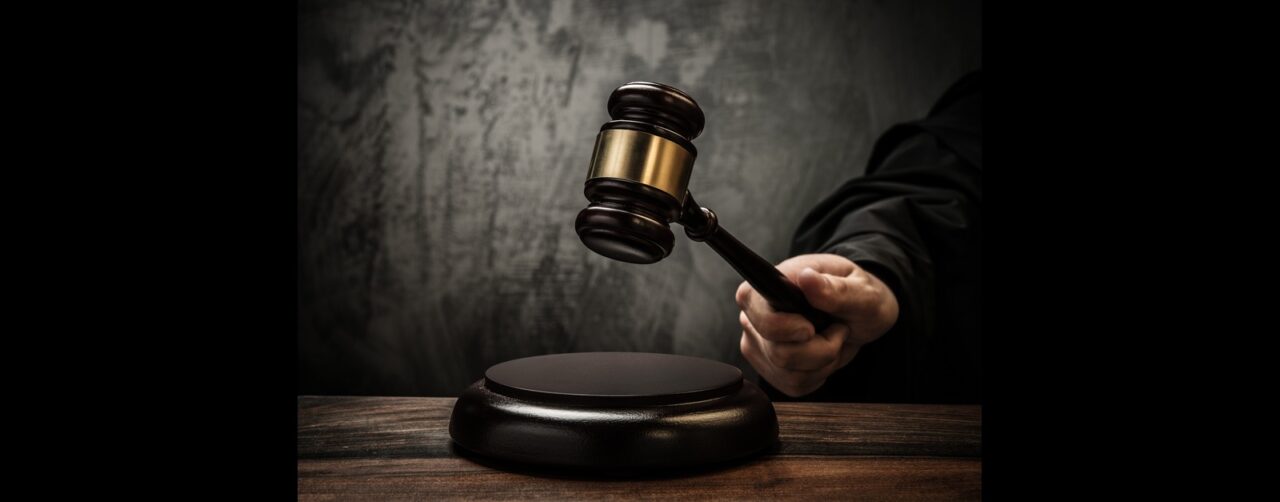Introduction
The Supreme Court of India has reaffirmed an important procedural principle of the Code of Civil Procedure, 1908—that a plaint cannot be wholly rejected only because a portion of the claim seems to be barred by law. With emphasis on a cautious and comprehensive application of Order VII Rule 11(d), the Court reaffirmed that only when the whole suit is excluded by law can the extreme remedy of rejection be called into play. This decision fortifies the right to access justice by preventing mechanical or excessive applications of procedural objections.
Background
Order VII Rule 11 of the CPC enables the dismissal of a plaint at the preliminary stage if it seems from the statement in the plaint that the suit is barred under any law. The purpose of this rule is to avoid frivolous litigation and judicial workload when the plaint reveals no cause of action or stands deemed to be barred. But courts have always held that the rule is to be applied with utmost care. The plaint is to be construed in its entirety and in a liberal sense to ascertain whether it reveals any legally tenable cause of action. In Kamala v. K.T. Eshwara Sa, the Court had earlier considered that the rejection of the plaint is justifiable only when the legal bar is evident on the face of the plaint, and the defect is irremediable. The current ruling extends this line of jurisprudence.
Key Points
- Whole Suit Should Be Excluded, Not Partial: The Supreme Court also made it clear that Order VII Rule 11(d) comes into play only when the whole suit is excluded by law. If a portion of the claim remains, the plaint should not be rejected outright.
- Partial Relief Bar Cannot Be Used to Extinguish Entire Cause: Where the plaint contains more than one relief and only one of them is barred by law or by statute, the remaining plaint should be permitted to continue unless the barred relief is inextricably intertwined and cannot be severed.
- Rejection Should Be Based Only on Plaint Averments:The court once again emphasized that the test of rejection is limited to the words of the plaint alone.There should be no look at written statements, defence, or extraneous material.
- Access to Justice Cannot Be Blocked by Overreliance on Technical Grounds: The court emphasized that procedural provisions must aid, not hinder, substantive justice.If the plaintiff has a triable claim, it must be adjudicated upon rather than dismissed prematurely on a technicality.
Recent Developments
In the May 2025 adjudicated case, the appellant had challenged an order of rejection of a plaint by the trial court under Order VII Rule 11(d) CPC on the ground that one of the reliefs sought in the suit was negated by a provision of law.The dismissal was upheld by the High Court by construing the negated prayer to be part and parcel of the entire cause of action. The Supreme Court overruled the judgment, maintaining that although one prayer is legally unsustainable, the rest of the suit ought to be examined on merit if the remaining cause of action is sustainable.The Court observed:
“Power under Order VII Rule 11 CPC is not intended to suppress a valid claim on account of a partial legal bar. Only when the plaint as such is barred, should the plaint be rejected under this provision.”
The Court also pointed out that dismissal of a plaint impacts the plaintiff’s constitutional right to approach justice and has to be done with extreme caution.
Conclusion
This ruling reinforces judicial discipline in applying rules of procedure, especially those of very serious import like Order VII Rule 11 CPC. Confirmation by the Supreme Court of a policy of balance—allowing suits to go on when there is even a partial subsisting claim—avoids deprivation of litigants from being heard by overly technical objections. This evolution of jurisprudence follows in the overall constitutional purpose of ensuring substantive justice, with procedural mechanisms working for justice and not against it.
“PRIME LEGAL is a full-service law firm that has won a National Award and has more than 20 years of experience in an array of sectors and practice areas. Prime legal falls into the category of best law firm, best lawyer, best family lawyer, best divorce lawyer, best divorce law firm, best criminal lawyer, best criminal law firm, best consumer lawyer, best civil lawyer.”
WRITTEN BY ADI MEHTA


